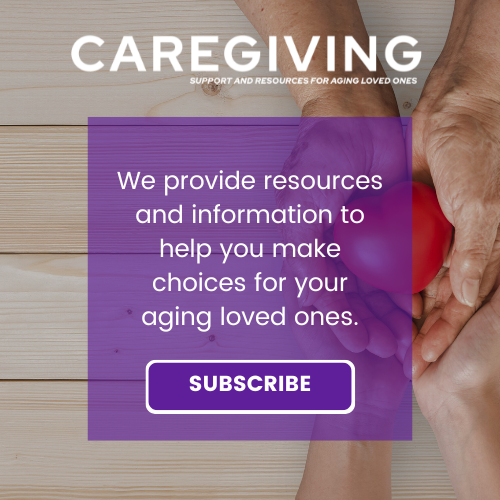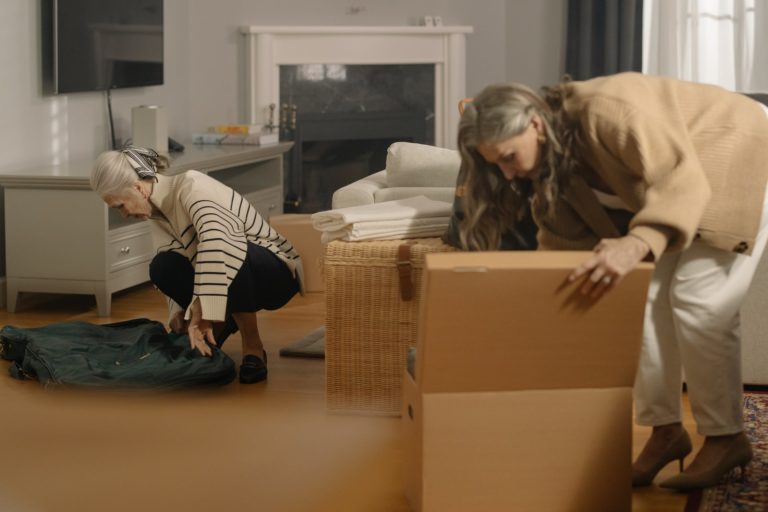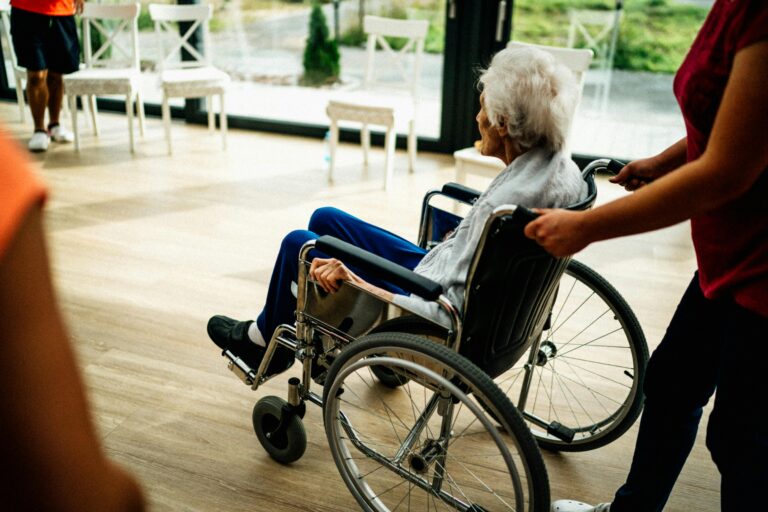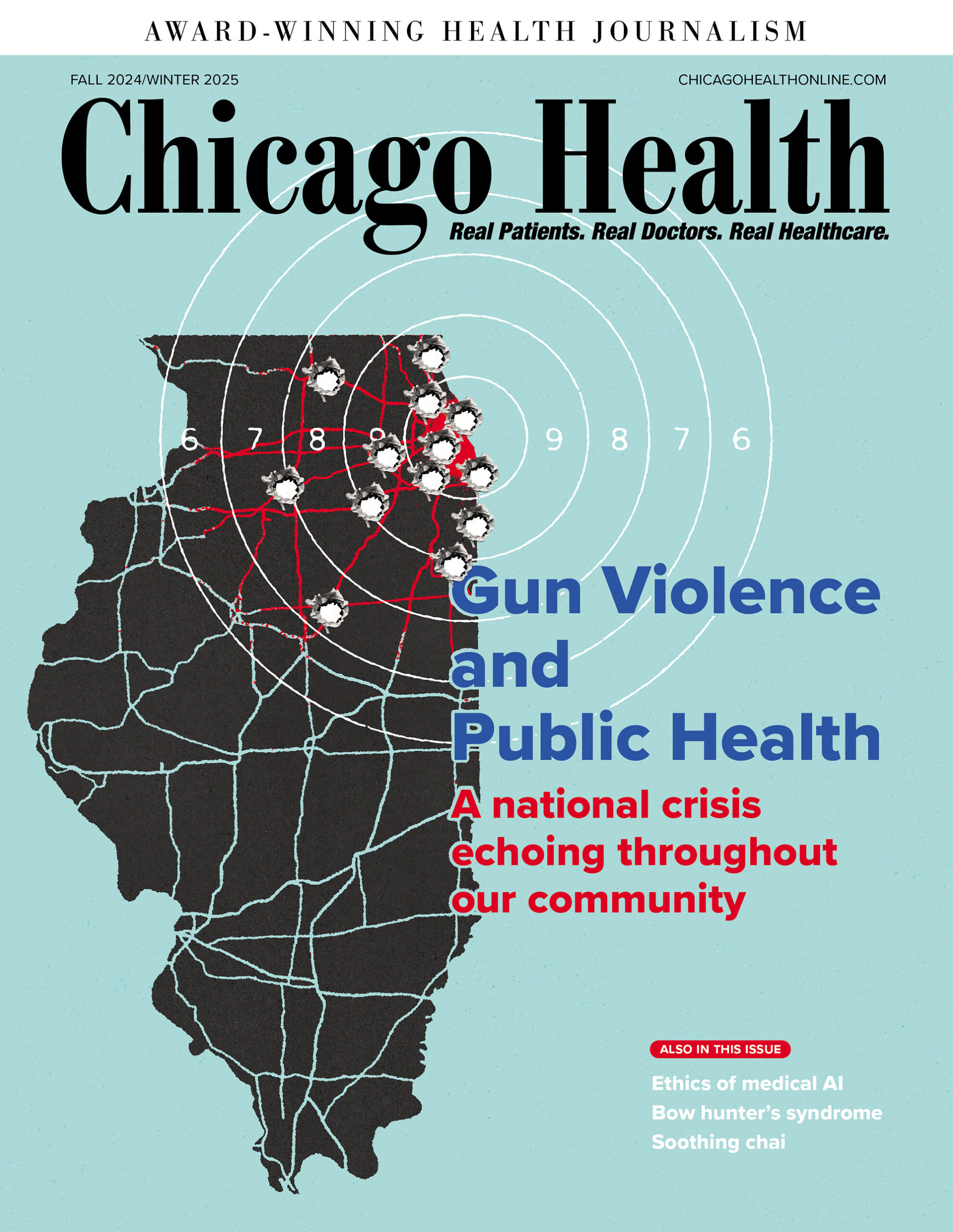
Sarah Lindenfeld Hall is a longtime journalist, specializing in aging, parenting, caregiving, health, and business management topics.
Finding humor in tough times eases the pain
The old maxim “laughter is the best medicine” may not be far off track. Research shows that giggles and guffaws come with physical benefits. In fact, specialized therapies designed to induce laughter can reduce stress and symptoms of depression and anxiety, according to one large-scale review of the research.
Laughter can bolster caregiving relationships, too. Studies show that humor and laughter help create safe social spaces between caregivers and people with cognitive impairment. Humor also can make conversations about end-of-life issues a little easier.

Olivia Clarke is president and founder of nonprofit Humor Beats Cancer, an online community that promotes using humor to cope with cancer. “The disease can take a lot of stuff from us,” says Clarke, 44, who lives in Chicago and is in treatment for stage 4 metastatic breast cancer. “[Humor] helps your spirit, at least, live as opposed to cancer trying to kill that.”
Of course, not every moment is ripe for a laugh track. But even a quick giggle can benefit caregivers and those grappling with illness or disease.
“For a lot of us, it’s a way to break an uncomfortable situation,” says Victoria Braund, MD, an internist who specializes in geriatric medicine at NorthShore University HealthSystem.

Why laughter works
Laughter makes us feel better, in part, because it gives our respiratory system a good workout. “It opens up your lungs and clears out that old stale air,” Braund says.
It also triggers a response in our brains, says Alexandria Callahan, behavioral health therapist at Cancer Treatment Centers of America Chicago. Callahan has earned laughter certification from the World Laughter Tour, which creates laughter therapies.
When we’re stressed, the hormone cortisol floods our prefrontal cortex, the part of the brain that controls emotions. “Your sleep is interrupted. You’re not eating the same,” Callahan says. Tapping into deeper breathing helps shut off that cortisol release. “Your body instantly says, ‘Oh, I’m relaxed,’” she says.
Even making laughing sounds when nothing is funny works.
Robbie Robinson, a cancer survivor who is a Certified Laughter Leader, guides cancer-fighters and others, such as seniors in home care facilities, through simulated laughter exercises at comedy clubs in the Chicago area. He uses fake laughter in his own life, too.
Twenty years after cancer treatment, Robinson still experiences after-effects and now has osteoarthritis, too. The Richmond, Illinois resident starts his days by saying, “Ha ha ha, hee hee hee, ho ho ho.”
“Just the irony of laughing through that pain helps me get through it, and I really start laughing,” says Robinson.
Top Photo courtesy of Zoleka Mandela, a breast cancer survivor and contributor to the Humor Beats Cancer Community
Originally published in the Winter/Spring 2023 print issue.









